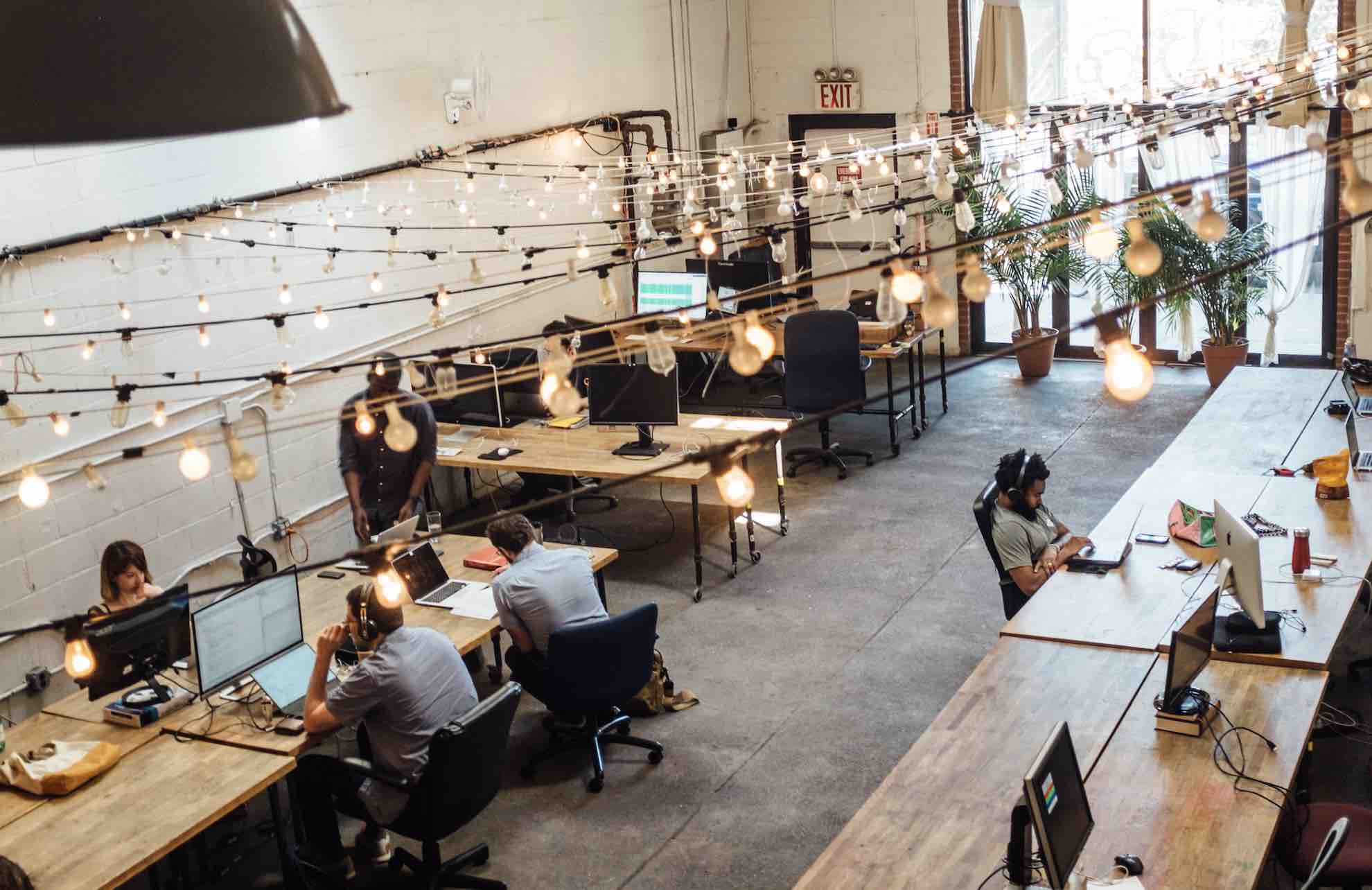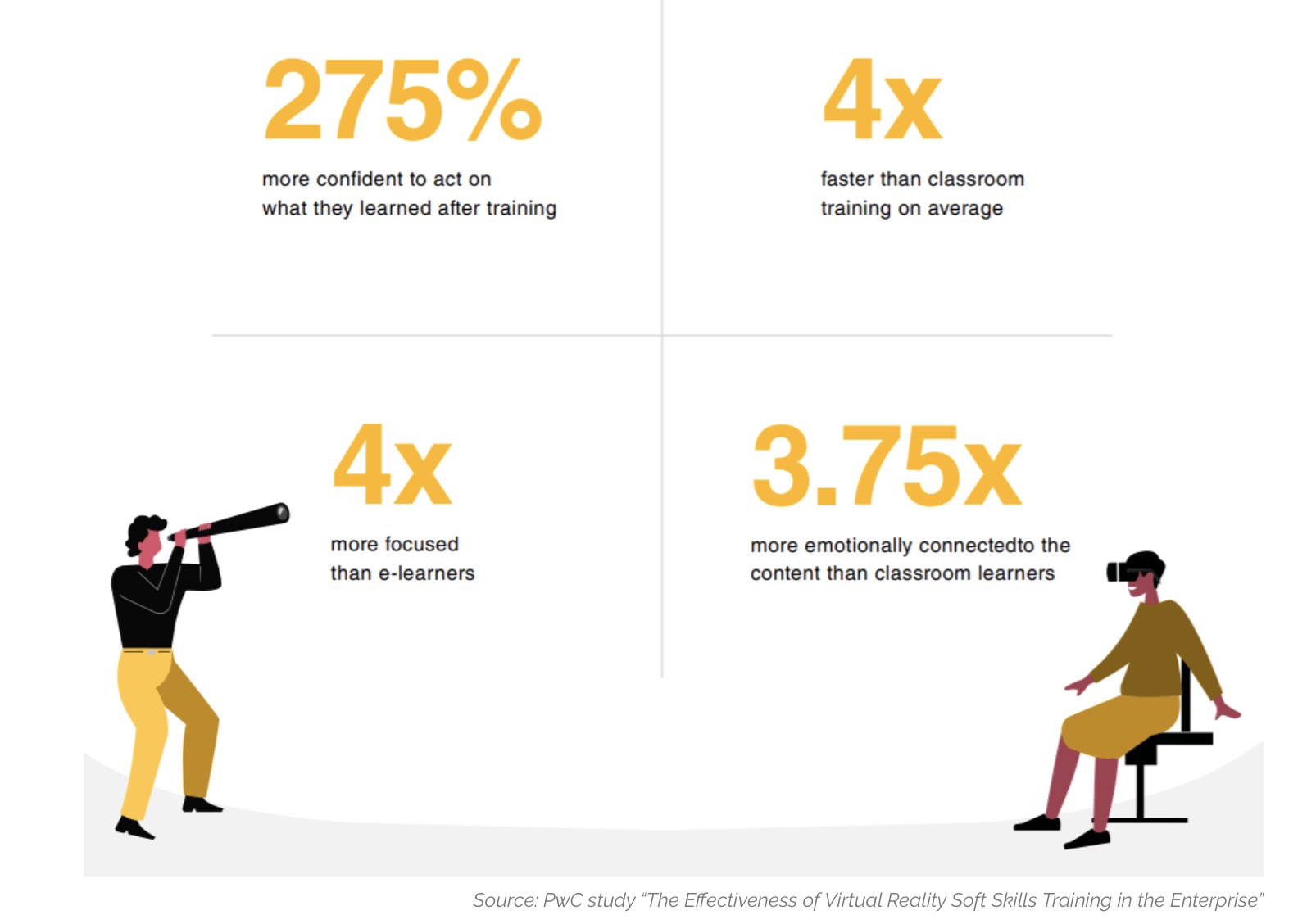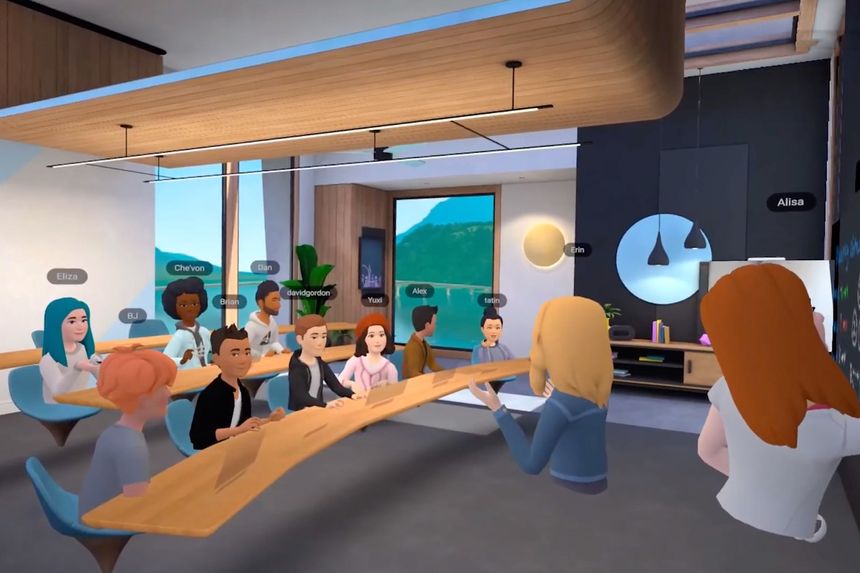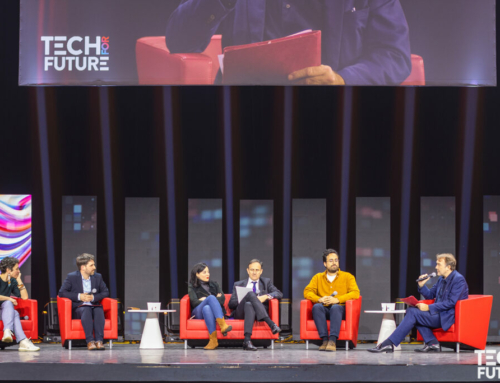What are the trends for 2023?
Robots may be tireless, but it’s hard to predict what the coming year will bring. But trends are also used to guide our thinking, start new conversations and even guide our missions to evolve the unstable world we all live in. So, we went in search of what we think will make trends in education, EdTech and higher education institutions.
What did we discover that could change everything for you, the students, the teachers and the eco-system dedicated to enhancing the learning experience? The first answer is to accept the idea of the plasticity of the models we propose. Nothing will be fixed or definitive. All innovations are moving in the direction of greater overall flexibility, and of taking better account of the diversity of intelligences and learning paths.
As a result, the word hybrid will still be on everyone’s lips and screens, not because it symbolizes an alternation between the physical world and the virtualization of our exchanges, but rather because it is now a given that we are always on the move and always accompanied by a permanent connection to digital tools.
1 – Hybridization is here to stay
We can no longer deny the obvious: we have the choice. This freedom, initially seen as an obligatory response to public health problems, is a major achievement for all those involved in education. Add to this the fact that citizens are demanding the right of access to lifelong learning, which would enable them to adjust their skills to the needs of the market, and we understand that it is becoming essential to be where the learners (and also the teachers) are. It’s not easy, or even responsible, to travel across the country to give or take a course.
Accessing educational content the way you access episodes of a Netflix series is undeniably comfortable. But is it enough?
The move towards a hybrid world also means that not only educational content, but also the way we teach, must evolve in parallel. Of course, digital platforms are ubiquitous, but are we ready to use them to their full potential? Does sharing videos or course slides guarantee successful learning?
We believe that one of the challenges facing us all is to train people to use a quality hybrid model correctly. The hybrid has gone from being an emergency to an enviable comfort. Now it must show that it can be a symbol of better performance.

2 – Robotics for education
Nothing would please Simone’s Robots more than to play an active role in improving learning for students at all levels! So should we follow Mary-Christine Cavecchi, President of the Val d’Oise département, when she says “Educational robotics is the real driver of success and academic achievement”?
Does this mean we’ll learn better and faster with the help of robots? In any case, some robotics applications seem to offer new solutions and create more value in the early stages of the learning journey. Asking questions, repeating concepts and validating basic skills are all tasks that can undoubtedly be entrusted to an intelligent robot that never tires. To what extent interaction with the machine will enable the learner to progress and surpass it, is an issue to be explored at the graduate level.
But the robot is undoubtedly a future alter ego in learning. We could also learn how to build and develop a robot, and understand how we learn and transmit knowledge, including to machines. For example, VittaScience offers the possibility of building and programming robots. Will they get to Mars before us?

3 – Virtual reality (VR) is one of the most effective technological solutions.
The benefits of virtual reality are unquestionably recognized by the world of higher education. Whether it’s a question of performing surgery on a patient, for example, or working on an aircraft engine, the virtues of virtual reality are now well established. But, beyond the use cases, it is the quality of learning and the ability to memorize knowledge that seem to be enhanced by recourse to this virtual mode.
A study carried out by PwC in the United States recently showed very convincing results for new managers undergoing training. Subjected to three different types of learning, their results were up to four times better when using virtual reality (versus face-to-face classes, or e-learning). The main reason for this spectacular leap in cognitive performance is that learners concentrate much better when immersed in a virtual world, as if being disconnected from the real world made their attention more intense and available.
The other key point in the advance of virtual reality is the shift from passive to active mode. Here again, studies have shown that active learners memorize more and better than those who, as it were, undergo. By moving into a virtual world, learners can experience situations and interact more often and more effectively.
In the coming year, as technology advances rapidly, we’ll be seeing more and more uses for virtuality, enabling us to plunge into imaginary worlds to discover and learn what we need in real life.

4 – Is the metaverse a false trend?
While virtual reality is gaining ground in higher education, and France seems to be in the vanguard of pedagogical uses, the question of the matevers continues to provoke contradictory debate. Should we imagine virtual campuses? Will we find our way around them?
On the face of it, we agree with Anne-Charlotte Monneret, General Delegate of EdTech France, who predicts that: “in the metavers, students will benefit from a personalized pathway to help them project themselves into their future careers according to who they are and what they want to do”. This quote is taken from our article on the subject, which you can read here: https://www.simoneetlesrobots.com/metavers-et-universites/
In fact, ESSEC introduced VR-based courses last year, INSEAD uses VR in its executive education and degree programs, and NEOMA has created a fully virtual campus that allows teachers and students to interact with each other and the school as if they were on a physical campus. French universities are not lagging behind in this respect – on the contrary. But does this mean that metavers will become the norm, as an article in HBR suggests? Not necessarily, given that the face-to-face mode is still favored by students on campus, and our collective desire to make sense of things together has been reaffirmed in these digital times.
Nothing today guarantees that the virtual world proposed and promoted by Meta will be adopted by higher education establishments, or above all that we will accept being represented by avatars. Yet there is a strong appetite for the possibility of a certain ubiquity. Being both in a constrained physical world and in a virtually limitless virtual universe can accelerate the circulation of knowledge, in the same way as open science or open data.
5 – Big Data for more personalized learning paths
Personal data and its non-commercial use will still be a major issue in 2023. Is using students’ behavioral and distinctive data a way of better meeting their expectations? “Big Data can also be useful for improving student results, launching personalized programs for each student, as well as helping teachers analyze student behavior more accurately and in greater detail”, we read on Moonpreneur.
“Yes, but” one might be tempted to reply, in a world where the subject remains highly sensitive. Data collected at university level would probably be representative of a relatively homogeneous population, but what about business schools, engineering schools, or other specialties such as communication, design or hospitality? The fine analysis of massive data is still in the experimental phase. However, it seems to us that the future of learning paths, their relevance and their appropriateness to the unique profile of each student, depends largely on the quality of the personal information collected and compared with the observations or selection criteria retained.
Big Data should enable us to correctly target programs and pathways for all learners, at any point in their lives.
To read a few articles evoking 2023 trends that already appeared in our 2022 edition, we could be reassured that Robots and Simone have a good vision. But that would be presumptuous and risky, given how fast and hard our world is moving.
So let’s make an appointment now to talk about what will change tomorrow!







